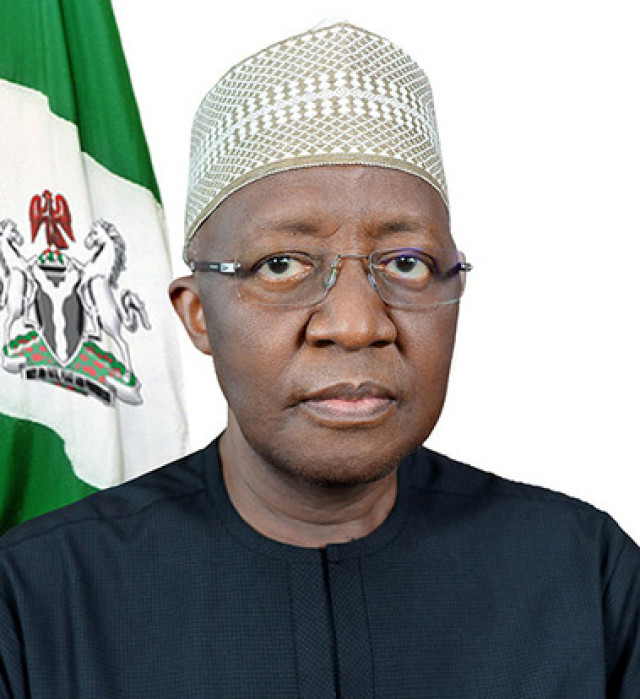The Chairman of the Nigeria Electricity Regulatory Commission (NERC), Sanusi Garba, has estimated that the Federal Government will need to generate N3.2 trillion in 2024 to reverse the recent increase in electricity tariff.
He made these remarks during a stakeholders meeting organized by the House of Representatives Committee on Power in Abuja.
Garba emphasized that the current level of investment in the sector, while commendable, is insufficient to ensure a consistent power supply nationwide.
He also highlighted that without a comprehensive overhaul of the sector, including addressing foreign exchange fluctuations, Nigeria will continue to face challenges in power supply.
Garba pointed out that prior to the tariff review, distribution companies were only required to pay 10% of their energy invoice, leading to a liquidity challenge due to lack of cash backing.
He further explained that from January 2020 to January 2023, electricity tariffs rose from 55% to 94%, and projected that cost reflective tariffs could reach N184/kwh due to unification of foreign exchange rates and current inflationary pressures.
Garba warned that if no action is taken, it would necessitate a subsidy payment of about N3.2 trillion in 2024 from the National Assembly and the Executive.
He revealed that only N185 billion out of the N645 billion subsidy in 2023 has been funded, leaving a significant funding gap of N459.5 billion.
Vice Chairman of NERC, Musiliu Oseni, who also justified the recent increase in tariff said the increment was needed to save the sector from total shutdown.
Chairman of the House Committee on Power, Victor Nwokolo (PDP, Delta) said the essence of the meeting was to address the recent increase in tariff and the various bands to which electricity consumers were recently categorised.
The lawmaker said the officials of NERC and DISCOS had given the committee useful Information, noting that “We have not concluded with them because the transmission company of Nigeria was not here and the generation companies too.
“We will hold further consultations with them by next week. But what they have said, which is true, is that without the change in tariff, which was due in 2022, the industry lacks the capital to bring the needed change.
“Of course, with the population explosion in Nigeria, the areas being covered are beyond what they estimated in the past and because they need to expand their network, they also need more money.’’
“Every day, there are changes to the exchange rate and there are also threats to power installations because of security, thereby increasing the overhead.
“The committee has not fully agreed with them because we are not saying either yes or no; we want to get more input and also find out the possibility of gas being sold to them in naira. More of this is dependent on generation and without the gas, you cannot have power.
“The committee cannot take any decision to stop the increase in tariff. That decision can only be taken by the entire House and not at the committee level. There must be a House resolution to stop it,” he said.




















